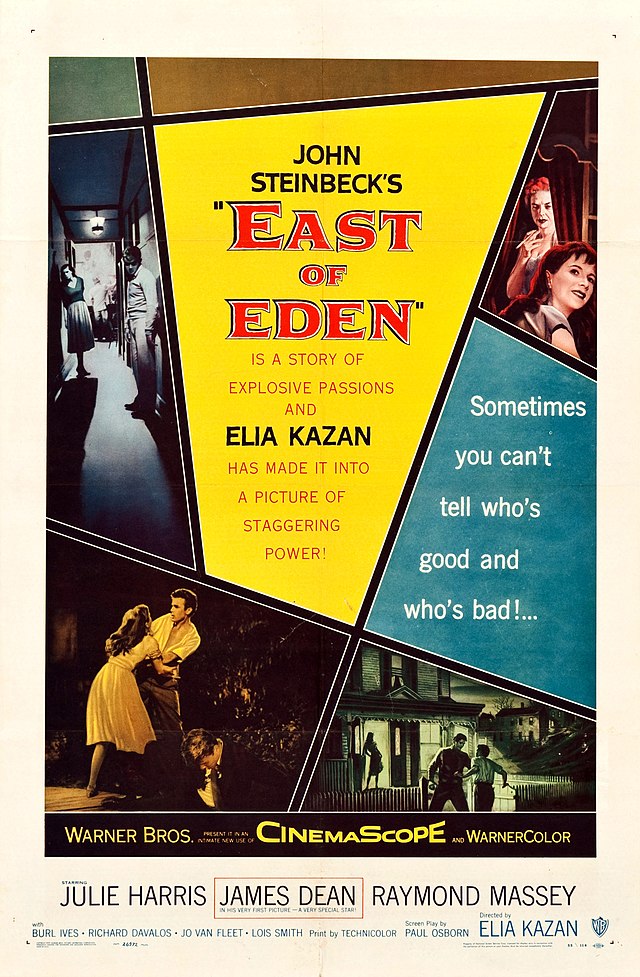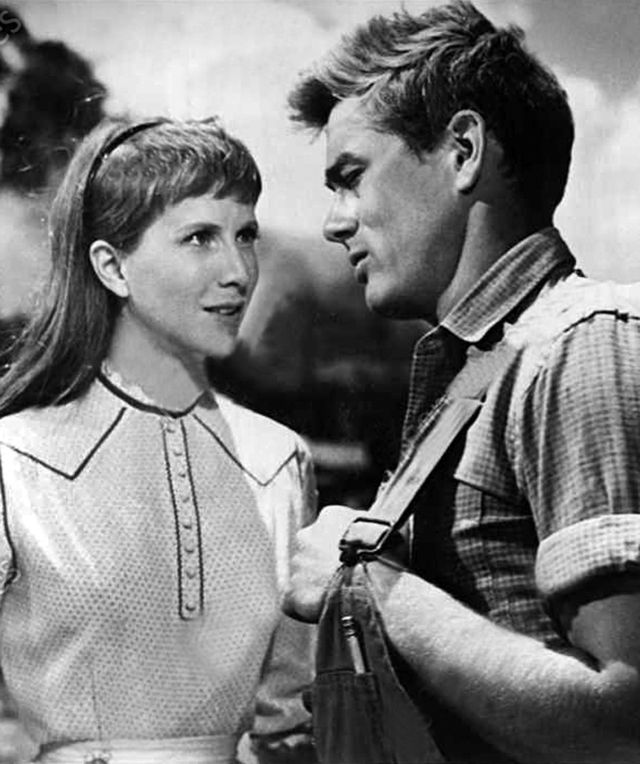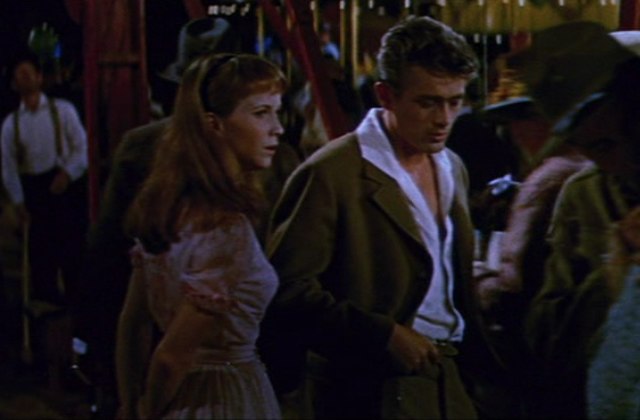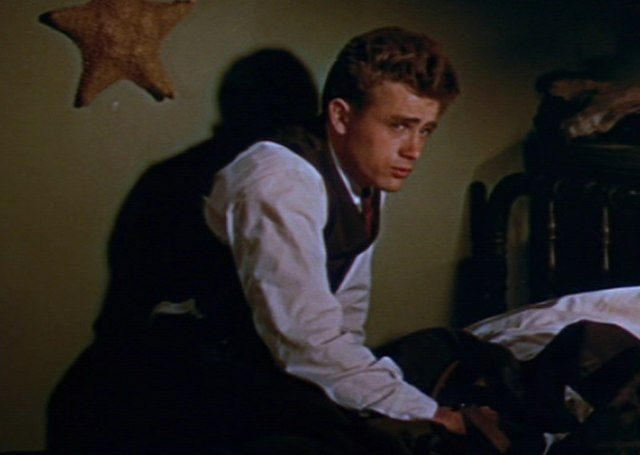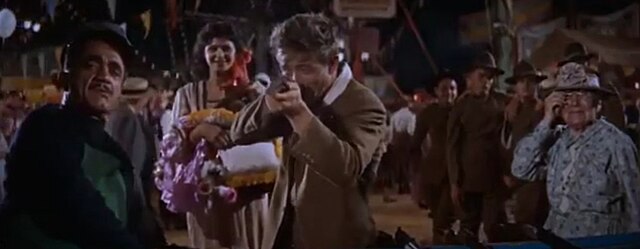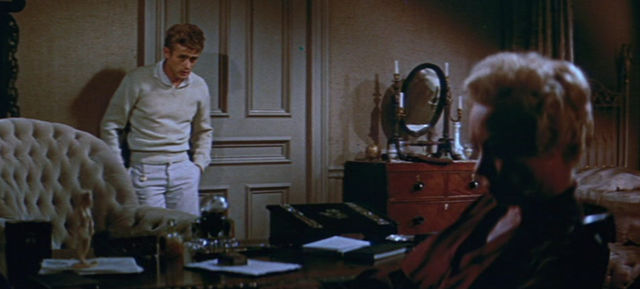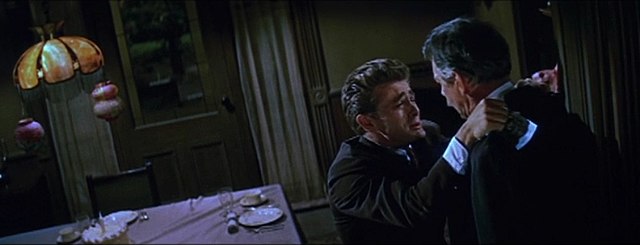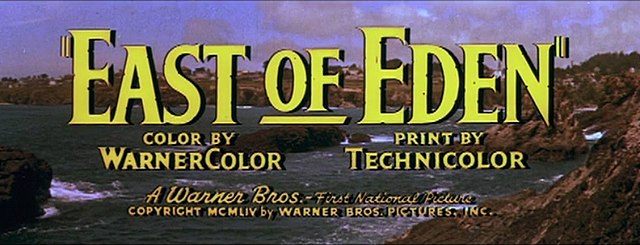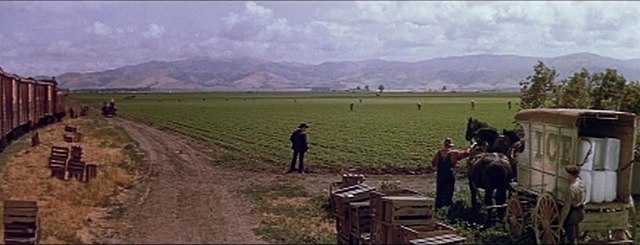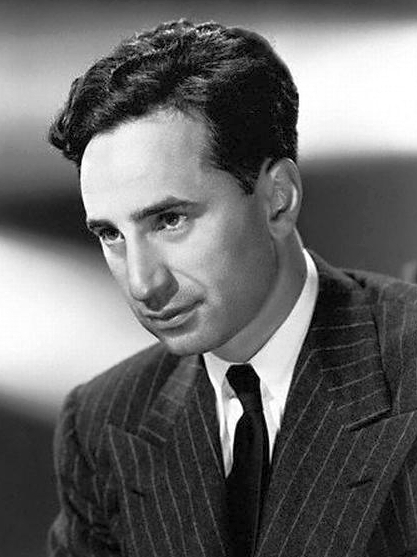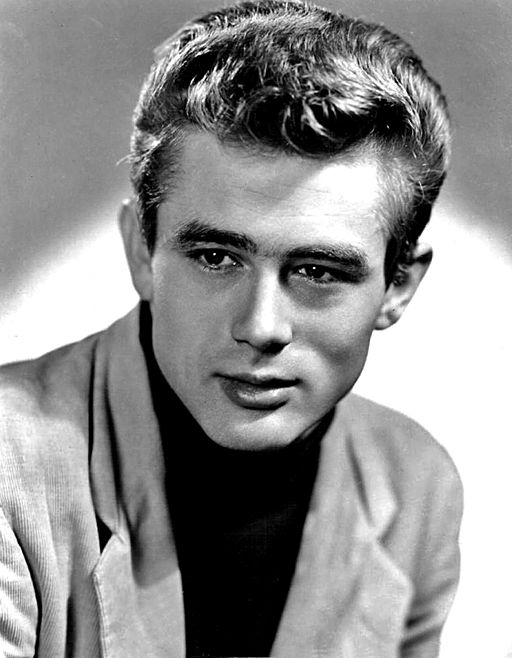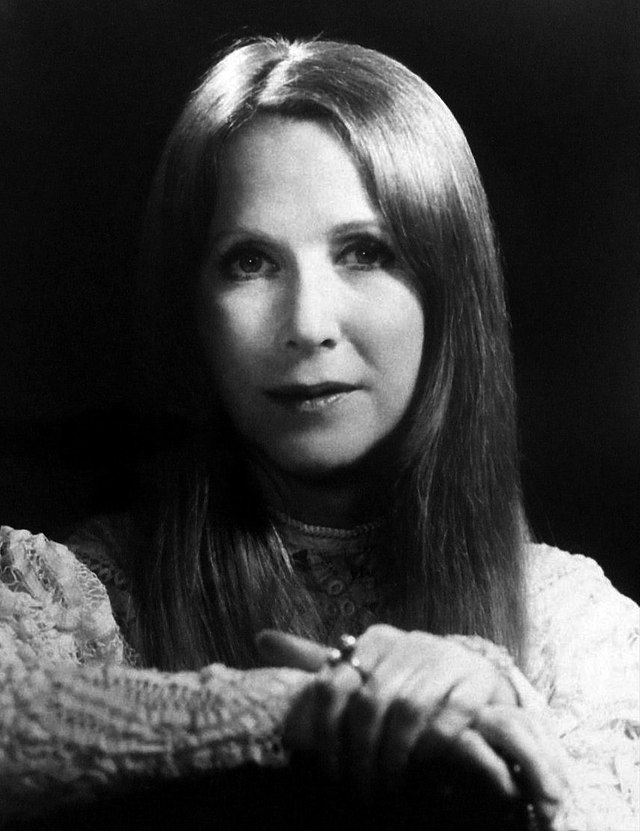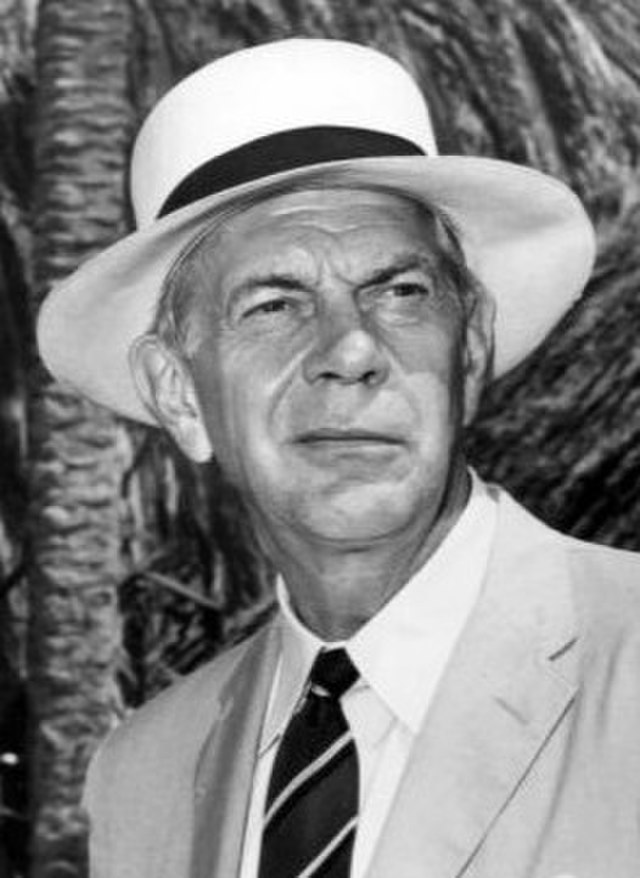East of Eden – 1955
Summary:
East of Eden is a dramatic adaptation of John Steinbeck's novel, exploring themes of family dynamics, morality, and the quest for identity. Set in the Salinas Valley, California, during World War I, the film focuses on the complex relationships between the Trask family members.
Cal Trask (James Dean), a brooding and sensitive young man, constantly seeks the approval of his deeply religious and emotionally distant father, Adam Trask (Raymond Massey). Cal feels overshadowed by his virtuous and seemingly perfect brother, Aron (Richard Davalos). The family dynamic is further complicated by their shared history: the boys were raised to believe their mother, Kate (Jo Van Fleet), had died, but Cal discovers she is alive and runs a brothel nearby.
Cal, desperate to prove his worth to Adam, decides to go into business growing beans to capitalize on the wartime economy. Using money from his estranged mother, Cal earns a large profit, hoping the success will win his father’s approval. However, Adam, a man of strict moral principles, rejects the money, calling it tainted. This rejection devastates Cal, deepening his feelings of inadequacy.
Meanwhile, Aron is in a romantic relationship with Abra (Julie Harris), but she becomes drawn to Cal’s vulnerability and passion. Abra begins to see Aron’s immaturity and selfishness, further complicating the relationships within the family.
The tension culminates when Cal spitefully reveals the truth about their mother to Aron during a family gathering. Aron, unable to cope with the revelation, enlists in the military and later dies in combat. The tragedy leads to Adam suffering a stroke, and in his final moments, he finally reconciles with Cal, giving him the validation he has longed for.
Analysis:
East of Eden is a deeply emotional exploration of human imperfection, sibling rivalry, and the universal struggle for acceptance. James Dean’s portrayal of Cal is raw and magnetic, embodying the vulnerability and rebellion of a young man grappling with feelings of rejection. Dean’s performance resonates with the audience, as his character’s pain and longing are universally relatable.
The film’s central theme is the biblical allegory of Cain and Abel, with Cal and Aron representing the two brothers. Cal’s actions, driven by jealousy and a need for love, mirror the story of Cain, while Aron embodies Abel’s innocence and favored status. The movie challenges the notion of absolute morality, showing that even the seemingly virtuous characters, like Adam, have their flaws, and those seen as “bad,” like Cal, possess redeeming qualities.
Elia Kazan’s direction emphasizes the emotional weight of the story, using tight close-ups and expressive landscapes to convey the inner turmoil of the characters. The cinematography by Ted D. McCord captures the beauty and isolation of the Salinas Valley, reflecting the characters’ emotional states. The use of CinemaScope enhances the dramatic tension, giving the story an epic, larger-than-life feel.
Leonard Rosenman’s score underscores the film’s dramatic intensity, blending tender melodies with discordant tones to reflect the family’s fractured relationships. The music complements the performances, heightening the emotional stakes.
Jo Van Fleet’s portrayal of Kate, the manipulative and estranged mother, adds a layer of complexity to the story. Her character challenges traditional notions of motherhood and morality, as she unapologetically pursues her own path, regardless of societal judgment.
The film also explores the societal pressures of the time, particularly the expectations placed on men to conform to certain ideals of success and virtue. Cal’s struggle to reconcile his identity with his father’s moral expectations is a timeless conflict, making the story relevant across generations.
Conclusion:
East of Eden is a powerful and evocative film that delves into the complexities of human relationships and the longing for love and acceptance. James Dean’s performance, paired with Elia Kazan’s masterful direction, makes the film a cornerstone of American cinema. Its exploration of moral ambiguity and emotional depth ensures its lasting impact, resonating with audiences as both a personal and universal story.
Classic Trailer East of Eden - 1955
Full Cast
• James Dean as Cal Trask
• Julie Harris as Abra
• Raymond Massey as Adam Trask
• Richard Davalos as Aron Trask
• Jo Van Fleet as Kate (Cathy) Ames
• Albert Dekker as Will Hamilton
• Burl Ives as Sam the Sheriff
• Harold Gordon as Gustav Albrecht
• Lois Smith as Anne (a nurse)
• Lonny Chapman as Roy, the Bordello Bouncer
Analysis of Elia Kazan’s Direction in East of Eden (1955):
Elia Kazan’s direction in East of Eden is a masterclass in blending intense emotional storytelling with powerful visual language. Known for his ability to elicit raw, authentic performances from his actors, Kazan uses his distinct approach to make this adaptation of John Steinbeck’s novel an emotionally resonant and visually stunning piece of cinema.
Character-Driven Storytelling
Kazan's expertise lies in his focus on character development, allowing the audience to deeply understand and empathize with the central figures. In East of Eden, the dynamics between Cal, Adam, Aron, and Abra are brought to life through nuanced performances that Kazan carefully nurtured. He encouraged James Dean to embrace improvisation and vulnerability, resulting in a performance that captures the raw, tortured psyche of Cal. Dean’s magnetic presence on screen is a direct result of Kazan’s willingness to let his actors explore their roles deeply, pushing them to bring authenticity to their characters.
Raymond Massey, as the strict, moralistic Adam, provides a stark contrast to Dean’s free-flowing performance, embodying the rigidity of traditional values. Kazan’s direction heightens this clash by emphasizing their physical and emotional distance in scenes, with Adam often standing stoically apart from Cal's emotional outbursts. This visual separation underscores the father-son conflict at the heart of the story.
Visual Storytelling
Kazan and cinematographer Ted D. McCord utilize the Salinas Valley setting to create a visual language that mirrors the emotional terrain of the characters. Wide, sweeping landscapes juxtapose the constricted, intimate interiors where much of the family drama unfolds, symbolizing both the vastness of the world and the tight confines of familial expectations.
The use of CinemaScope enhances the film’s epic quality while also allowing Kazan to craft visually rich compositions. For example, he often frames Cal on the edges of the screen, visually representing his feelings of alienation and exclusion from his family. Shadows and light are used to evoke emotional tones, such as the ominous, shadowy scenes in Kate’s brothel that contrast with the bright, idyllic farm where Adam places his hopes for the future.
Exploration of Themes
Kazan masterfully explores the film’s central themes of morality, identity, and redemption. The biblical allegory of Cain and Abel, embodied by Cal and Aron, is woven subtly into the narrative. Kazan avoids heavy-handedness, instead focusing on the human aspects of the story: Cal’s desperate need for love, Adam’s unyielding morality, and Aron’s fragility. Through his direction, Kazan shows that good and evil are not absolute but are instead shades of humanity that exist within everyone.
The film’s emotional climax—Cal’s revelation of Kate’s true identity to Aron—is a testament to Kazan’s skill in building tension. The scene is fraught with subtext and raw emotion, as Kazan allows the actors’ expressions and the charged atmosphere to carry the weight of the moment. His ability to balance subtlety with intensity ensures that the scene leaves a lasting impact.
Psychological Depth
Kazan’s background in stage direction and his association with the Actors Studio greatly inform his work on East of Eden. He applies the principles of method acting to elicit deeply psychological performances. Kazan draws the audience into the internal struggles of his characters, particularly Cal, whose pain and longing are palpable. By focusing on the inner lives of the characters, Kazan creates a film that feels deeply personal and relatable.
Pacing and Tension
The pacing of East of Eden is deliberate, allowing the audience to fully immerse themselves in the world of the Trask family. Kazan builds tension gradually, carefully layering conflicts until they reach their emotional breaking point. This approach gives the film a natural rhythm, mirroring the slow unraveling of familial relationships and the inevitable climax of the story.
James Dean's Performance in East of Eden:
James Dean’s portrayal of Cal Trask in East of Eden is a landmark performance in American cinema, defined by its intensity, vulnerability, and authenticity. Dean, in his first major film role, brought a new kind of raw emotional realism to the screen, setting him apart from his contemporaries and making him an icon of youthful rebellion and inner turmoil.
A Complex and Vulnerable Character
Dean’s Cal is a deeply conflicted character, oscillating between his desire for acceptance and his feelings of inadequacy and rejection. Dean captures this internal struggle with remarkable nuance, allowing the audience to feel Cal’s pain and longing. His performance is steeped in vulnerability; he conveys Cal’s emotional wounds not only through his words but also through his body language, facial expressions, and even his silences.
For instance, in scenes where Cal interacts with his father, Adam, Dean physically shrinks into himself, his posture conveying both his yearning for approval and his fear of rejection. In contrast, when Cal is with Abra, Dean’s body language becomes more open and tender, revealing a softer, more hopeful side of the character.
Spontaneity and Method Acting
Dean’s background in method acting shines through in his performance. He approaches the role of Cal with a sense of spontaneity and naturalism that feels groundbreaking even today. His ability to improvise and respond instinctively to his co-stars gives his scenes a raw, unpredictable energy.
One of the most famous examples of Dean’s improvisation occurs in the pivotal birthday scene, where Cal tries to give his father money earned from his bean business. When Adam rejects the gift, Dean’s reaction is unscripted: he breaks down emotionally, hugging his father in a desperate attempt to win his love. This moment, rich in emotional depth, is a testament to Dean’s ability to tap into the raw core of his character.
Emotional Depth and Relatability
Dean’s portrayal of Cal is deeply relatable, as he embodies the universal human need for love and validation. His expressions—ranging from moments of joy to intense anguish—are so authentic that the audience feels as if they are experiencing his emotions alongside him. This relatability is one of the reasons Dean’s performance remains so impactful; it taps into emotions that are both deeply personal and universally understood.
Cal’s jealousy of Aron and his complicated relationship with his mother, Kate, add further layers to the character, and Dean portrays these complexities with sensitivity. His interactions with Jo Van Fleet (Kate) are especially compelling, as he navigates Cal’s conflicting emotions of disgust, fascination, and a strange yearning for connection.
Chemistry with Co-Stars
Dean’s chemistry with his co-stars, particularly Julie Harris (Abra) and Raymond Massey (Adam), amplifies the emotional power of his performance. His scenes with Harris are tender and electric, showcasing Cal’s vulnerability and his capacity for love. In contrast, his confrontations with Massey crackle with tension, as Dean fully immerses himself in Cal’s frustration and anger toward his father’s moral rigidity.
Kazan reportedly allowed Dean to channel his personal experiences and emotions into the role, and this personal connection is evident in every scene. Dean’s pain and passion feel real because they are real—his performance blurs the line between actor and character.
A Performance Ahead of Its Time
Dean’s acting style was revolutionary for its time, breaking away from the more theatrical and polished performances that were standard in 1950s Hollywood. Instead, he brought a rawness and emotional transparency that paved the way for future generations of actors. His portrayal of Cal Trask is a study in emotional authenticity, characterized by moments of intense introspection and explosive outbursts.
Legacy of the Performance
Dean’s performance in East of Eden cemented his place as a cultural icon. It earned him a posthumous Academy Award nomination for Best Actor, making him the first actor in history to receive such recognition after his death. His work in the film influenced countless actors, inspiring a more naturalistic and emotionally driven approach to performance.
Notable Film Lines
Cal Trask (James Dean):
"It's gonna work because it's got to work, and I'm gonna make it work."
This line encapsulates Cal’s determination to prove himself and find success despite his feelings of inadequacy.
"You never loved me, and you never will."
Cal’s heartbreaking confrontation with his father, Adam, highlighting his deep-seated feelings of rejection and longing for love.
________________________________________
Adam Trask (Raymond Massey):
"A man has a choice, and it's his responsibility to make it."
Adam’s strict moral philosophy, which often clashes with Cal’s more instinctive and emotional approach to life.
"Money isn't everything, Cal. It's how you make it and what you do with it that matters."
A pivotal moment where Adam rejects Cal's earnings, reinforcing the moral rift between them.
________________________________________
Abra (Julie Harris):
"I love you, Cal, because you are warm and alive, and you can laugh and suffer and feel."
Abra’s recognition of Cal’s humanity and emotional depth, contrasting him with Aron’s aloofness.
________________________________________
Kate (Cathy) Ames (Jo Van Fleet):
"I don’t want any love, and I don’t want any hate. I just don’t want any of it."
Kate’s rejection of emotional ties reflects her cynicism and detachment from traditional family values.
________________________________________
Aron Trask (Richard Davalos):
"I want everything nice and clean."
Aron’s yearning for a perfect, idealized world, highlighting his inability to cope with life’s complexities and moral ambiguities.
________________________________________
Sam (Burl Ives):
"You can’t make somebody love you. You can only be someone who can be loved."
A piece of wisdom that resonates with Cal’s struggles for his father’s approval.
Classic Scenes from East of Eden
Cal's Confrontation with His Father
• Scene: Cal presents the money he earned from his bean crop to his father, Adam, as a gift to recover the family’s financial losses. Adam coldly rejects the money, calling it "tainted."
• Why it’s iconic: This scene is the emotional crux of the film, capturing Cal’s desperate need for his father’s approval and his devastating realization of rejection. James Dean’s raw, unscripted reaction—breaking down, collapsing into his father’s arms, and running off—is one of the most powerful moments of the film, showcasing his method acting brilliance. The tension between Cal's earnestness and Adam's rigid morality underscores the generational and moral divide between them.
________________________________________
Cal Meets Kate
• Scene: Cal visits his estranged mother, Kate, in her brothel for the first time. Their interaction is tense and layered with unspoken emotions.
• Why it’s iconic: This pivotal scene reveals the truth about Cal’s mother, shattering the illusion that she is dead. Jo Van Fleet’s performance as Kate is cold and detached, yet layered with a subtle vulnerability. James Dean plays Cal with a mix of fascination, disgust, and longing, as he struggles to process his mother’s rejection of traditional family life. The dark, shadowy setting of the brothel mirrors the murky emotional and moral themes of the film.
________________________________________
The Birthday Party
• Scene: During Adam’s birthday celebration, Cal publicly tries to win his father’s love by presenting him with the money, only for Adam to reject it in front of everyone. Aron then offers a gift that receives Adam’s approval, exacerbating Cal’s feelings of inadequacy.
• Why it’s iconic: This scene is a microcosm of the sibling rivalry between Cal and Aron. The humiliation Cal experiences is palpable, and James Dean’s portrayal of heartbreak is unforgettable. The tension in the room is amplified by the contrasting responses to the two brothers, making it a turning point for Cal’s character.
________________________________________
Cal’s Revelation to Aron
• Scene: In a moment of anger and jealousy, Cal takes Aron to meet their mother, revealing the truth about her identity and occupation.
• Why it’s iconic: This scene is explosive, marking the climax of the film. Cal’s spiteful decision to reveal the truth destroys Aron’s idealized perception of their family. Richard Davalos’s portrayal of Aron’s breakdown contrasts sharply with Dean’s simmering resentment, highlighting the Cain-and-Abel allegory at the heart of the story. The scene’s emotional intensity lingers, as it leads directly to Aron’s tragic decision to enlist in the military.
________________________________________
Abra Confronts Adam
• Scene: Abra gently confronts Adam about his cold treatment of Cal, encouraging him to see the goodness in his son.
• Why it’s iconic: Julie Harris’s performance as Abra is tender and empathetic, providing a moment of clarity for Adam. This scene underscores the theme of redemption, as Abra acts as a bridge between father and son, leading to the film’s final moments of reconciliation.
________________________________________
Adam and Cal’s Reconciliation
• Scene: In the film’s emotional finale, Adam, on his deathbed after a stroke, finally acknowledges Cal and tells him, “Help me.”
• Why it’s iconic: This reconciliation provides a bittersweet resolution to Cal’s quest for his father’s love. The scene is intimate and understated, with Dean’s tearful performance capturing Cal’s mix of relief and sorrow. It encapsulates the film’s exploration of forgiveness and the possibility of redemption.
Awards and Recognition
Academy Awards (1956):
• Winner:
o Best Actress in a Supporting Role: Jo Van Fleet
• Nominations:
o Best Actor in a Leading Role: James Dean (posthumous nomination)
o Best Director: Elia Kazan
o Best Writing (Screenplay): Paul Osborn
Golden Globe Awards (1956):
• Winner:
o Best Motion Picture – Drama
o Special Achievement Award: James Dean (posthumous recognition for Best Dramatic Actor)
British Academy Film Awards (1956):
• Nominations:
o Best Film from Any Source
o Best Foreign Actor: James Dean
Cannes Film Festival (1955):
• Winner:
o Best Dramatic Film
National Board of Review (1955):
• Recognition:
o Included in the Top Ten Films of the Year

